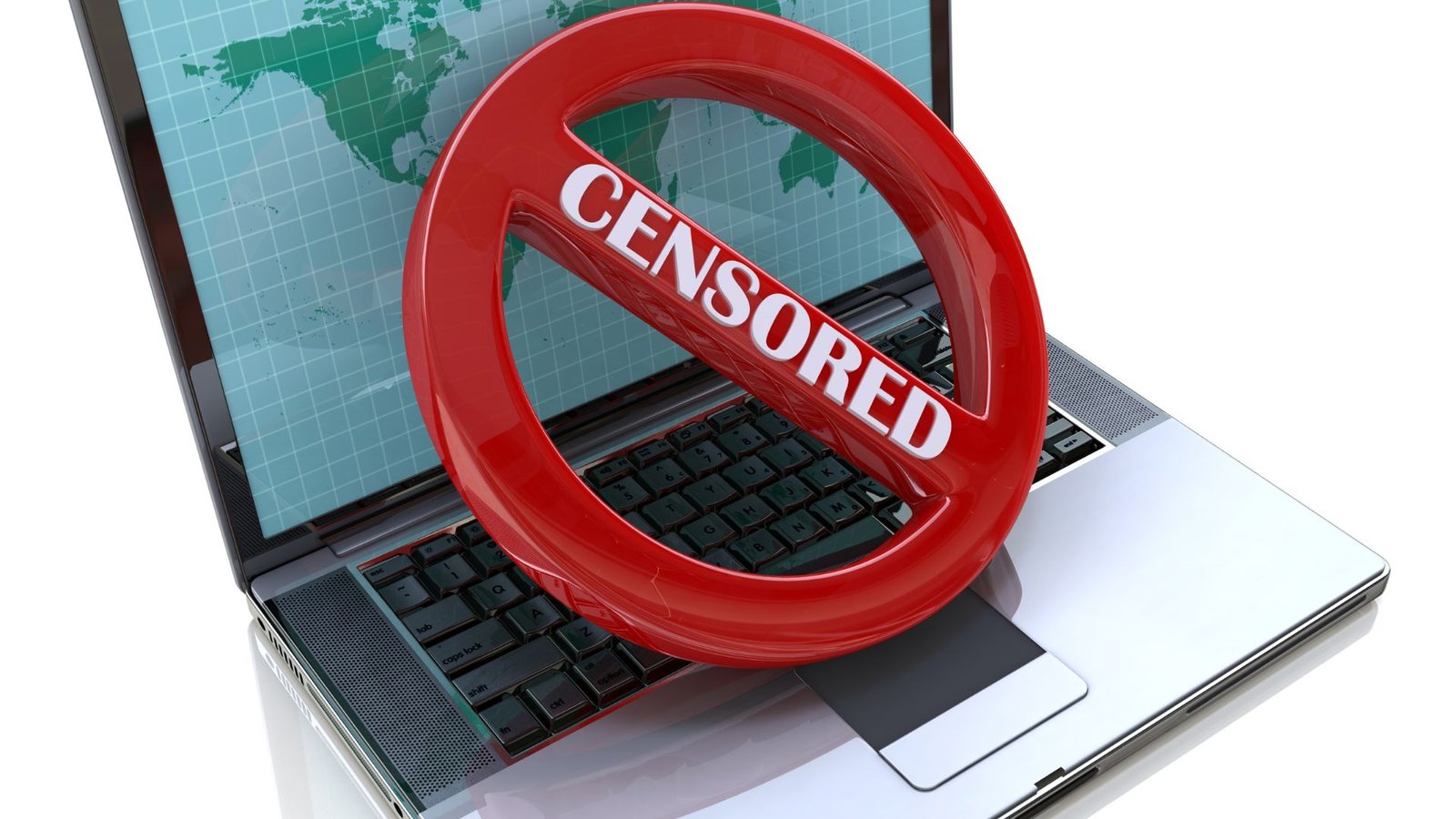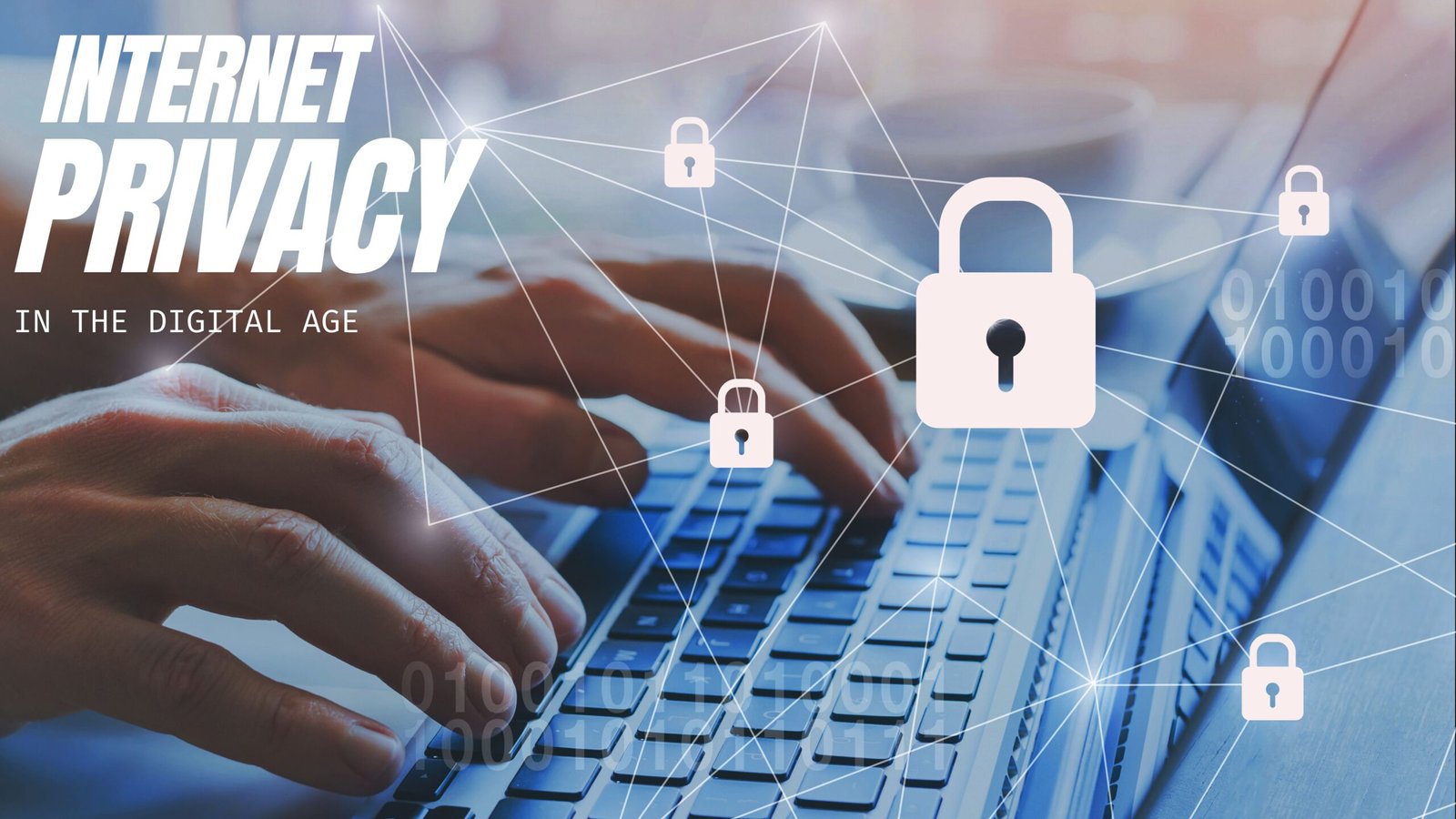On this page you will read detailed information about Internet Censorship in 2024.
As you read this article in 2024, you live in a world where internet censorship has become commonplace. Governments around the globe now routinely block access to information and monitor citizens’ online activities. Over the past decade, countries have imposed various restrictions on internet use under the guise of national security concerns. However, these controls often stifle free expression and limit access to independent media. This article provides an overview of how internet censorship has intensified in both authoritarian and democratic societies over the last several years. By understanding the scope and mechanisms of censorship worldwide in 2024, you can better appreciate the importance of open access to information.
Introduction to Internet Censorship in 2024
Internet censorship is the control or suppression of what can be accessed, published, or viewed on the Internet. In 2024, more than 60 countries censor the Internet to varying degrees. Censorship is most severe in countries like China, Iran, and Russia. Many Western democracies also implement some Internet censorship, though not as broadly.
How Censorship Works
Governments primarily censor the Internet using a variety of technical means, including:
- Blocking access to websites, web pages, search engine results, social media platforms or messaging apps. Authorities block sites and services at the network level using firewalls or by ordering Internet service providers to block access.
- Filtering and deleting online content. Governments employ human censors and automated filtering tools to monitor the Internet and delete prohibited content and discussions.
- Slowing or throttling Internet traffic. Governments can intentionally slow Internet speeds to hamper access to websites and online services. This is a form of soft censorship.
- Surveillance. Widespread government surveillance has a chilling effect on free expression. The fear of retribution leads citizens to self-censor.
Justifications for Censorship
Governments commonly justify Internet censorship on several grounds:
- Protecting political stability and national security. Censorship aims to curb dissent and criticism of those in power under the guise of maintaining stability.
- Promoting cultural and religious values. Censorship limits access to content deemed immoral or blasphemous by certain belief systems or cultural norms.
- Protecting privacy and personal data. Some laws censor online content and regulate technology companies under the rationale of protecting citizens’ privacy, though critics argue these laws enable further state control and surveillance.
- Fighting fake news and online misinformation. While some laws target deliberately false news, others are abused to censor dissenting opinions and limit press freedom. Censorship should not substitute for digital literacy and an informed public.
- Protecting children. Governments implement censorship to shield minors from obscene, pornographic, or other age-inappropriate online content. However, overly broad censorship also limits access to information for adults.
- Enforcing laws. Governments censor online content that violates laws prohibiting hate speech, copyright infringement, illegal gambling, and other cybercrimes. Censorship must be narrowly tailored and subject to due process to avoid abuse.
In the previous post, we had shared information about Fake SIM Cards in India: Legal Implications and Punishments, so read that post also.
Countries With the Strictest Internet Censorship Laws
Many nations around the globe enforce strict laws regulating access to online information. If you live in or travel to these countries, you may experience limited access to websites and internet services that are freely available in other parts of the world.
China
China’s “Great Firewall” blocks many foreign websites and closely monitors Chinese social media. The government restricts access to websites that could threaten Communist party rule. Popular sites like Google, Facebook, Twitter, and Western media outlets are banned. The government also employs an army of censors to monitor Chinese social networks and delete content deemed politically sensitive.
Iran
Iran blocks access to many news and social media websites, especially those critical of the Iranian government or supportive of opposition groups. Authorities monitor internet use and have arrested hundreds of bloggers and online activists. Iran cut off access to the global internet for a week in 2019 to prevent the spread of protests.
North Korea
North Korea has the most restricted internet access in the world. Only a small elite has access to the open global internet. The general population can only access a government-run intranet with state-approved content. The government bans nearly all foreign websites and closely monitors digital communications. Accessing banned content can lead to imprisonment or even execution.
Saudi Arabia
Saudi Arabia filters internet content considered immoral, politically sensitive, or critical of Islam. Authorities block hundreds of thousands of websites, including news sites and human rights organizations. New internet laws allow the government to monitor online communications and issue harsh penalties for dissent. Saudi activists and bloggers have been arrested and imprisoned for their posts on social media.
To summarize, you may encounter significant restrictions on internet freedom if traveling to or living in authoritarian countries like China, Iran, North Korea, Saudi Arabia, and others with strict censorship laws. Be aware that your online communications and access to information could be heavily monitored by the government in these nations.
How Governments Justify Internet Censorship
Governments employ several common arguments to justify internet censorship and restrictions on access to information.
National Security
One of the most frequently cited reasons for limiting online access is preserving national security. Governments may block websites or ban tools like virtual private networks (VPNs) that could be used to coordinate illegal activities or spread propaganda. However, an overbroad definition of “national security” risks can lead to censorship of political dissent and investigative journalism.
Protecting Social Values
Some governments restrict access to content deemed socially inappropriate or offensive, such as pornography, hate speech, or blasphemy. While protecting citizens from objectionable content is a reasonable goal, censorship policies are often arbitrary and disproportionately target minority groups and political dissent.
Fighting the Spread of Misinformation
Governments may block websites, delete social media posts, or ban tools like encrypted messaging apps under the guise of combating the spread of “fake news” and misinformation online. However, fact-checking and content moderation should be transparent, unbiased, and protect open debate. Censorship risks being used to suppress dissenting opinions and manipulate public opinion.
Economic Protectionism
Governments may block foreign websites and services to protect domestic industries from competition. For example, a country may ban international social networks or streaming services to benefit local alternatives. While supporting domestic tech companies is reasonable, consumers suffer from a lack of choice and innovation under extreme protectionist policies.
In summary, most government justifications for internet censorship are reasonable in theory but prone to overreach and abuse in practice. Transparent laws, oversight, and respect for civil liberties are needed to prevent censorship from being used to violate human rights and manipulate public discourse. With judicious application, internet censorship can serve the public good, but it demands constant vigilance against excess.
The Global Impact of Increased Online Restrictions
The increased restrictions and censorship of Internet access occurring in various countries around the world will have significant global impact. As more nations tighten controls over online activity and access to information within their borders, the free and open Internet that much of the developed world enjoys could become fractured.
Limited Access to Information
With additional Internet censorship, many people will lose access to news, educational resources, and other information that those in uncensored nations take for granted. Certain governments may block anything they deem “threatening” or “offensive,” limiting access to ideas and debate. People in these nations may have a narrow, government-approved view of events.
Economic Impacts
Tightened Internet controls can negatively impact business and research. Companies relying on open access to information and digital tools may struggle under increased restrictions. Censorship may also deter foreign investors and companies concerned about compromised access. Researchers collaborating across borders may face challenges accessing data and resources.
Social Media and Communication Disruption
Many people around the world rely on social media and messaging platforms to stay in touch with friends and family and share ideas. If a government blocks access to major platforms like Facebook, Twitter, or WhatsApp, it disrupts global communication networks and the free flow of thoughts and information. People lose connections and a means of self-expression.
Calls for Change
There are ongoing efforts to push back against increased Internet censorship and promote open access to information. Digital rights advocates call on nations expanding online controls to reverse restrictions and uphold principles of free speech. Some governments face internal and external pressure to balance security concerns with openness. Overall, the clash between Internet censorship and calls for digital freedom will shape global attitudes toward Internet governance and access to information in the coming years.
Can Internet Freedom Be Regained in the Future?
As Internet censorship continues to spread globally, many wonder if open access to information online can ever be restored. There are a few possibilities that could lead to greater Internet freedom:
Technology Circumvention
There are technical solutions that can bypass censorship, such as virtual private networks (VPNs), mesh networks, and decentralized blockchain-based networks. These technologies route Internet traffic in ways that circumvent censorship systems. However, governments are working to block even these circumvention technologies, and they can be difficult for average citizens to access.
Public Pressure
Grassroots movements to oppose Internet censorship are gaining momentum. Activists advocate for free speech and access to information. Protests, online campaigns, and civic engagement can put pressure on governments and companies to roll back censorship policies. However, authoritarian regimes are often impervious to public pressure, and censorship is a complex issue with arguments on multiple sides. Success will require sustained, worldwide support for open Internet principles.
Policy Changes
New laws and policies could be introduced to limit censorship and protect Internet freedom. For example, legislation could prevent governments from blocking access to social media platforms or certain types of political content. International agreements on Internet governance may also affirm principles of openness and access. However, enacting and enforcing new policies to limit censorship would be very challenging given current geopolitical tensions.
Overall, the future of Internet freedom remains uncertain. While technical, social, and political solutions offer hope, Internet censorship continues to expand around the world. Protecting and expanding Internet freedom will require a collaborative effort across borders and ideologies to find balanced, workable solutions in an era of increasing polarization and control. With open dialogue and shared democratic values, a more open Internet could be within our reach.
Conclusion
As this research has shown, Internet censorship and online restrictions have become increasingly prevalent over the past decade, with many governments tightening control over digital spaces. In 2024, more people live under regimes with substantial censorship of the Internet and social media than ever before. Whether through firewalls, website blocking, imprisonment of bloggers, or surveillance of citizens, many leaders aim to limit the free flow of information and suppress dissent.
While some level of regulation may be justified to protect citizens, censorship should not be used to strengthen authoritarian control or crack down on political opposition. As global citizens, we must advocate for transparency, push back against egregious violations of digital rights, and support technologies that circumvent barriers to access information. The fight for Internet freedom continues in countries around the world, and the future remains uncertain. But if we value open societies, we must defend the open Internet. Our global community depends on it.
Disclaimer
The information and services on this website are not intended to and shall not be used as legal advice. You should consult a Legal Professional for any legal or solicited advice. While we have good faith and our own independent research to every information listed on the website and do our best to ensure that the data provided is accurate. However, we do not guarantee the information provided is accurate and make no representation or warranty of any kind, express or implied, regarding the accuracy, adequacy, validity, reliability, availability, or completeness of any information on the Site. UNDER NO CIRCUMSTANCES SHALL WE HAVE ANY LIABILITY TO YOU FOR ANY LOSS OR DAMAGE OF ANY KIND INCURRED AS A RESULT OR RELIANCE ON ANY INFORMATION PROVIDED ON THE SITE. YOUR USE OF THE SITE AND YOUR RELIANCE ON ANY INFORMATION ON THE SITE IS SOLELY AT YOUR OWN RISK. Comments on this website are the sole responsibility of their writers so the accuracy, completeness, veracity, honesty, factuality and politeness of comments are not guaranteed.
So friends, today we talked about Internet Censorship in 2024, hope you liked our post.
If you liked the information about Internet Censorship in 2024, then definitely share this article with your friends.









